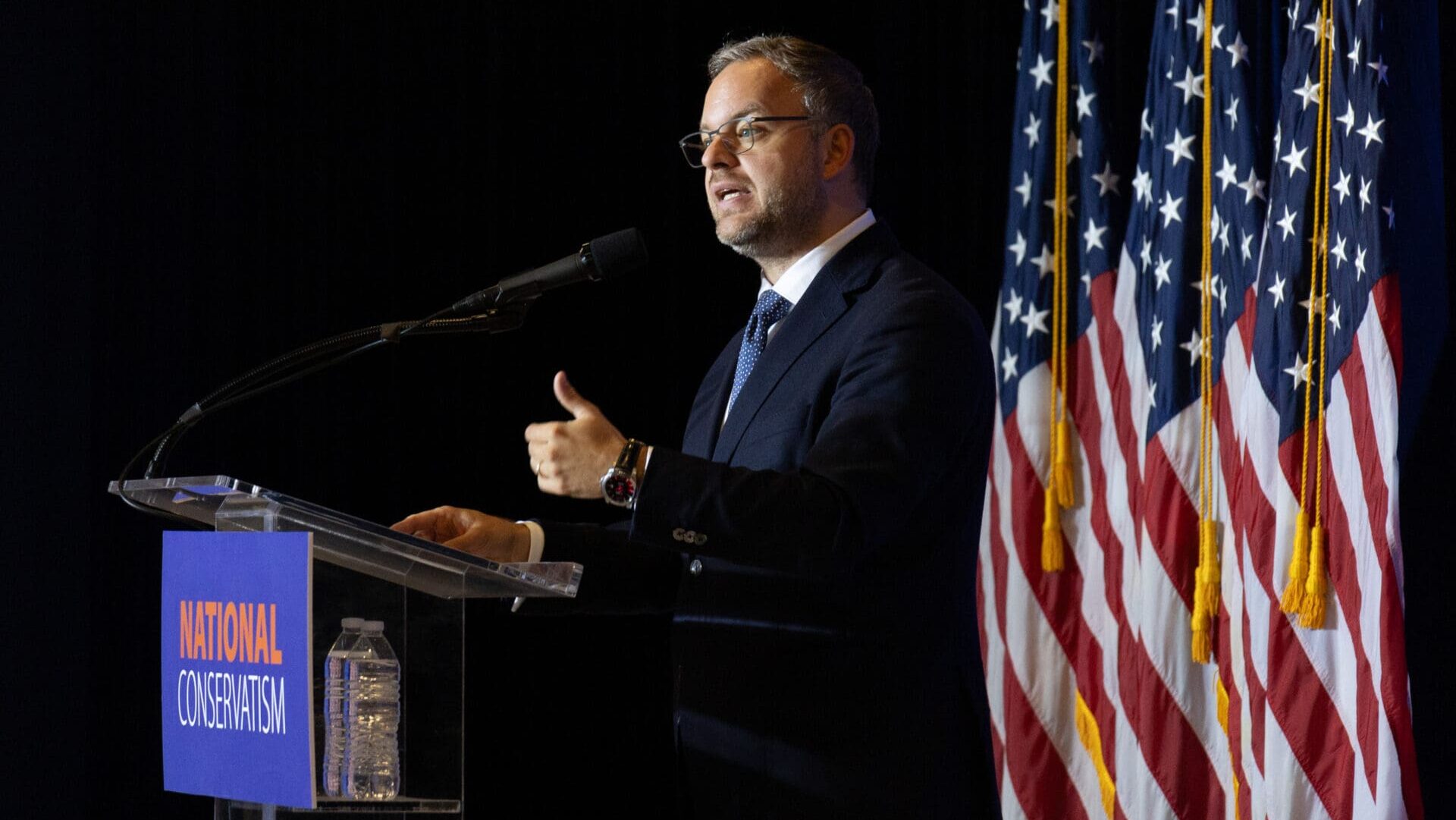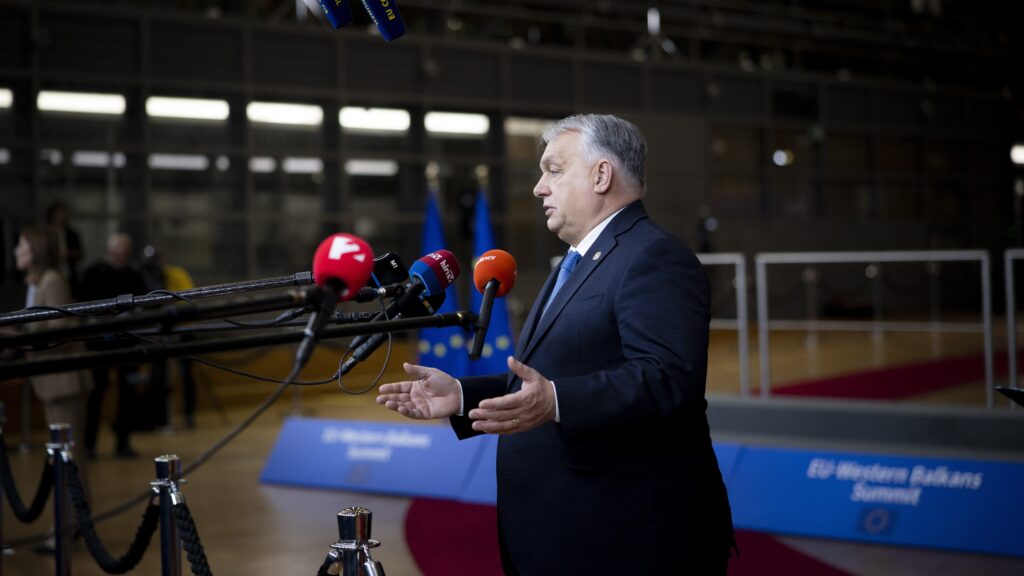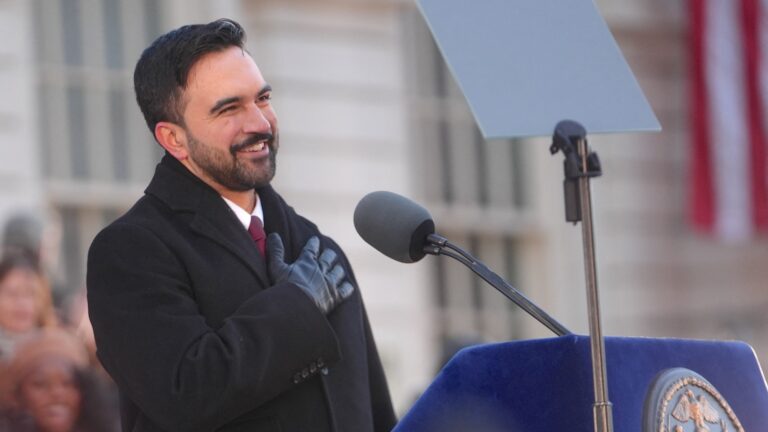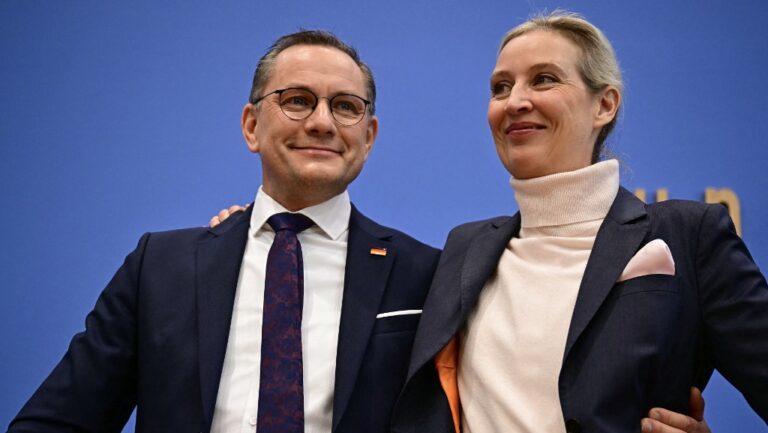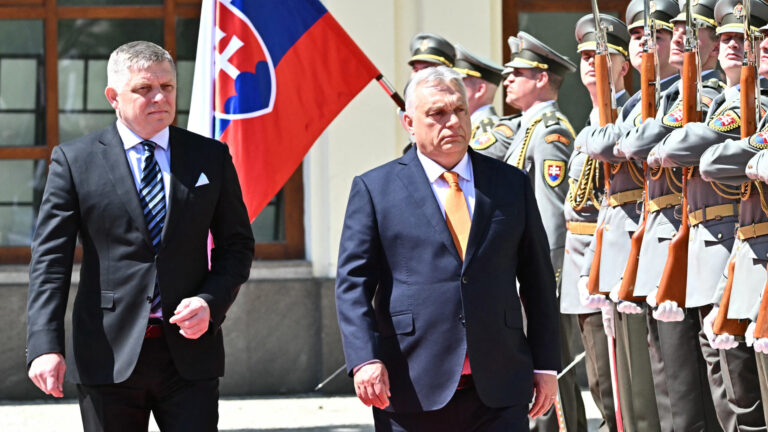As the author of two books about contemporary Hungarian foreign policy, The Hungarian Way of Strategy and Hussar Cut: The Hungarian Strategy for Connectivity, Political Director of the Prime Minister of Hungary Balázs Orbán had the opportunity to give a brief insight into all his main ideas discussed in his works at the recent National Conservatism Conference in Washington, DC—where, by the way, the NATO Summit had only just started by then.
Orbán delivered a comprehensive speech that basically critiqued neoliberalism and advocated for national conservatism. He commenced by contrasting the freedom of speech in Washington, DC, with the chaotic experience of the Brussels conference, highlighting the resilience and community spirit of attendees who persisted despite police intervention back then.
Surprising the audience, playing with the word ‘think tank‘, Mr Orbán subsequently introduced the concept of Hungary’s ‘do-tank activity’, emphasizing the proactive nature of Hungary’s political approach (it is to be noted that Secretary of Education in Argentina Carlos Torrendell unknowingly reached the same conclusion in an interview recently published by Hungarian Conservative). Orbán noted that
being a politician in Hungary means constantly taking action, rather than merely engaging in theoretical discussions.
This unique hands-on mentality, he argued, allows politicians to closely observe global changes and make a tangible impact.
He then moved on to foreign policy, criticizing the shift in global narratives over recent decades. Orbán recounted how, after the fall of communism, liberals quickly adopted a new narrative centred on neoliberalism, best exemplified by Francis Fukuyama’s The End of History and the Last Man. This narrative, according to Orbán, promoted a universal worldview where non-Western countries were expected to adopt Western models of governance and economy. Neoliberalism was not only an ideology but also a programme promoted globally, encapsulated as a ‘#lifegoal’.
However, Orbán argued, the neoliberal model failed as non-Western countries integrated into global markets without aligning politically or economically with the West. These countries grew stronger and more resilient, disproving the idea that history had ended with the triumph of neoliberalism. In response, liberals developed a new ideology, evident in the different reactions to the Russo–Ukrainian conflicts of 2014 and 2022. The latter saw a push towards ‘bloc formation’, whereby Western powers sought to isolate and confront Russia, reflecting a shift in narrative towards a struggle between democracies and autocracies.
Orbán critiqued this new liberal narrative for promoting conflict over cooperation, sacrificing economic and social stability in the process. He pointed out that institutions like Freedom House now use their rankings to promote neoliberal principles and identify the ‘enemies’ of open society. This, he argued, reflects a broader trend: liberals, who once praised global connectivity, now advocate for separation from non-Western countries, aligning with a more confrontational stance.
Highlighting the failures of neoliberal foreign policy, Orbán pointed to the ongoing war in Ukraine and the economic struggles in Europe as evidence of the detrimental effects of bloc formation. He noted that while Europe suffers economically, the US protects its industry through certain measures like the Inflation Reduction Act (IRA), further undermining European competitiveness.
Orbán proposed an alternative approach: the ‘Age of Sovereignty’.
‘I see the upcoming era as the Age of Sovereignty—a return to the Westphalian principles, where every nation has the right to define its goals and choose its path. In this era foreign policy is made by sovereign actors rather than dictated to everyone by superpowers.’
Then he criticized the liberal narrative for undermining national independence and promoting a globalist, imperialist agenda that alienates potential allies and disregards democratic accountability.
National conservatives, according to Orbán, must reject the liberal narrative of bloc formation and develop their own narrative rooted in sovereignty and pragmatic foreign policy. He urged national conservatives to create an intellectually sound narrative that emphasizes cooperation, independence, and diplomatic engagement. By doing so, they can counter the liberal ideology that has dominated global discourse since the 1990s.
Wrapping up his speech, Political Director Orbán emphasized the importance of actively shaping the political discourse in the upcoming years. He called on national conservatives to engage in the battle of narratives, advocating for a return to sovereignty and pragmatic foreign policy.
Related articles:

